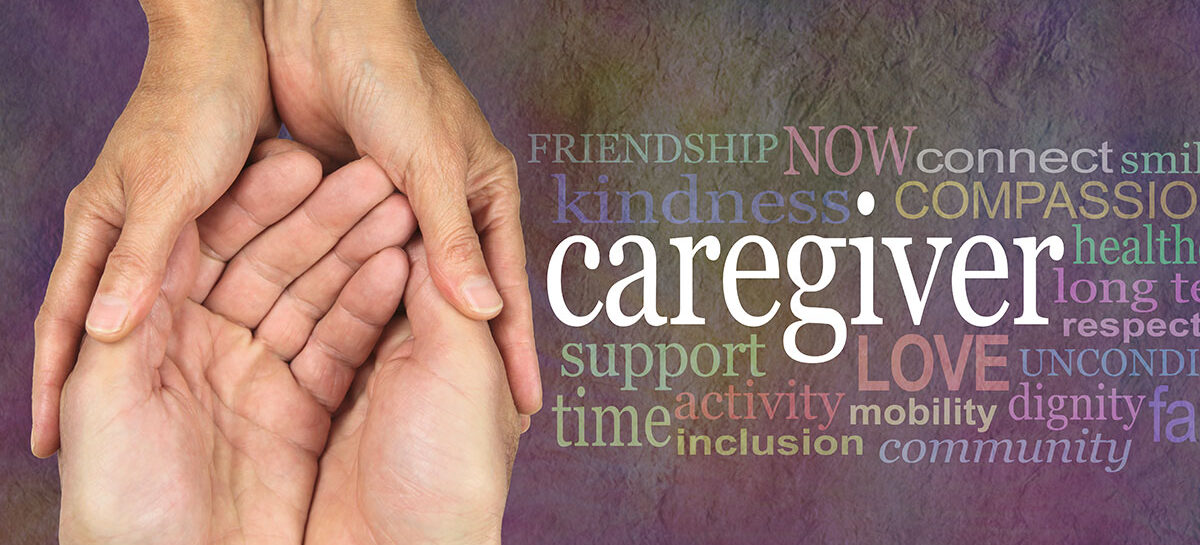What is Parkinson’s disease?
Parkinson’s disease is a progressive, neurological disease that occurs due to the destruction of nerve cells in one part of the brain. It usually affects movement but in later stages can also affect cognition. People with PD will need help as the illness progresses and the role of a caregiver is important.
Responsibility of the caregiver through the different stages of Parkinson’s disease
Symptoms in early stages
• Slight functional impairment
• Tremors, rigidity, clumsiness
• Stooped posture
• Speech abnormalities
• Odd facial expressions
How to cope
The onset of Parkinson’s disease can mean emotional upheaval for the patient and those around them. Learning about the disease, what to expect, and what the treatment options are, is helpful.
Symptoms in mid stage PD
• Loss of balance/slow movements
• Fatigue
• Stomach problems
• Sleep problems
How to cope
As the disease progresses, the caregiver’s role increases as the patient’s independence decreases. At this point, they are still functional to an extent, but movements are slow and ordinary activities, like dressing and eating, become messier and take time.
The most important trait a caregiver needs is patience. The patient is losing control and letting them do as much as they can, even if it means cleaning up or waiting means a lot to them.
Communication is a problem for the patient and they get frustrated when they are not understood. Speech therapy and vocal exercises can help to an extent.
Symptoms of late stages of PD
• Severe disability
• Incapacitation
• Hallucinations/delusions
• Freezing
How to cope
Patients in the late stages need around the clock care. Many may be bedridden or unable to move without assistance. The onus of feeding, bathing and looking after them will be on the caregiver.
The caregiver should anticipate this situation and made arrangements for it, beforehand, either by having family or friends help out or by arranging for a nurse or helper. It is important for the caregiver to take time out for themselves.
Small changes to make life easier for PD patients
• Get electric toothbrushes
• Cups and mugs with large handles
• Get them footwear with Velcro straps
• Add handrails to bedroom and bathroom walls
• Move furniture to create space for them to move
• Remove carpets
Duties of the caregiver
• Ensure that the patient has medication on time
• Keep all doctor’s appointments and follow doctor’s orders
• Work with the physiotherapist to help the patient
• Aid patient with everyday activities
• Be patient and caring
• Offer mental comfort
Help for the caregiver
PD is a difficult disease to take care of. The caregiver needs assistance and support to be able to, in turn, offer that to the patient. It can be frustrating and stressful at times, and they need people to help them out.
If you’re a caregiver, it is important that you build a support system for yourself in the early stages to make sure that you can cope with the challenges, mentally and physically, in the later stages.
Kauvery Hospital is globally known for its multidisciplinary services at all its Centers of Excellence, and for its comprehensive, Avant-Grade technology, especially in diagnostics and remedial care in heart diseases, transplantation, vascular and neurosciences medicine. Located in the heart of Trichy (Tennur, Royal Road and Alexandria Road (Cantonment), Chennai, Hosur, Salem, Tirunelveli and Bengaluru, the hospital also renders adult and pediatric trauma care.
Chennai – 044 4000 6000 • Trichy – Cantonment – 0431 4077777 • Trichy – Heartcity – 0431 4003500 • Trichy – Tennur – 0431 4022555 • Hosur – 04344 272727 • Salem – 0427 2677777 • Tirunelveli – 0462 4006000 • Bengaluru – 080 6801 6801



